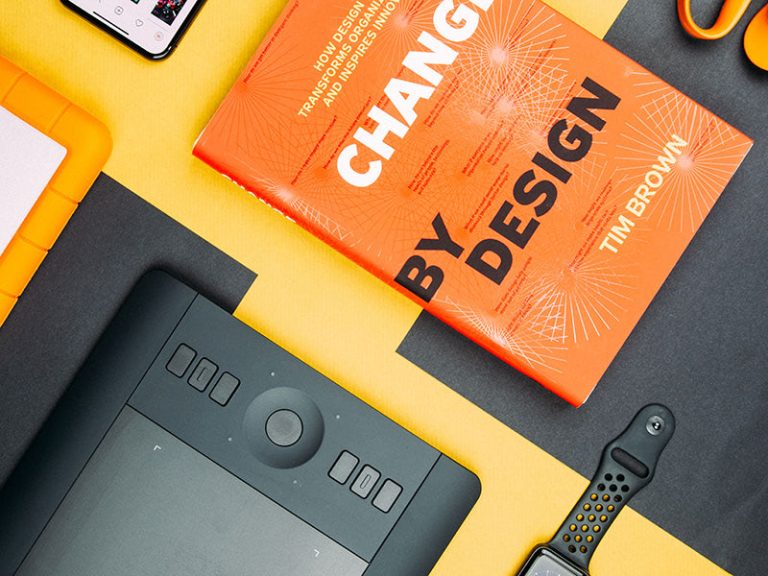Give us a Call : 01000648814

In today’s hyper-connected world, the need for fast, accurate, and scalable translation services has never been greater. Businesses, governments, and individuals are breaking barriers and expanding their reach beyond borders. At the center of this global shift lies a transformative force: Artificial Intelligence (AI). From machine translation to AI-driven localization, the translation industry is undergoing a revolution — one that’s redefining traditional practices and opening new opportunities.
In this article, we’ll dive into how AI is changing the landscape of translation services, its benefits and limitations, and what the future holds for professionals and businesses alike.
The Evolution of Translation Technology
Translation has come a long way from dusty dictionaries and human-only processes. Early attempts at automated translation began in the 1950s, but it wasn't until the rise of machine learning and neural networks that significant strides were made. Today, tools like Google Translate and DeepL offer impressive real-time translations, powered by sophisticated algorithms that "learn" from vast amounts of linguistic data.
With AI, translation is no longer just about word-for-word conversion. It now captures nuances, cultural context, tone, and intent — attributes once thought exclusive to human translators.
- Key Ways AI is Impacting the Translation Industry
- Speed and Efficiency: AI can translate millions of words within seconds. This capability is invaluable for businesses with urgent multilingual needs, such as global e-commerce sites or international legal documents.
- Cost Reduction: Automating parts of the translation process can significantly cut down project costs, making language services more accessible to startups and SMEs.
- Quality Enhancement Through MTPE: Machine Translation Post-Editing (MTPE) blends AI speed with human expertise, ensuring that translated content is both accurate and culturally appropriate.
- Real-Time Communication: AI enables instant communication across languages — think chatbots, customer support centers, and conference interpreting — allowing for seamless multilingual interactions.
- Customized Solutions: AI systems can be trained on industry-specific jargon and preferred terminologies, offering customized translation engines for fields like medicine, law, or energy.
- The Future: Collaboration, Not Replacement
- Rather than replacing human translators, AI is becoming a powerful tool to assist them. The future of translation looks like a symbiotic relationship, where human creativity and cultural insight work alongside AI speed and data processing.
- Hybrid models — combining machine translation with human post-editing — are quickly becoming the standard for high-volume and high-quality translation needs.
- Moreover, AI’s predictive capabilities will soon help translators anticipate errors, suggest improvements, and optimize workflows, ultimately leading to higher quality outcomes.
Vitae suscipit tellus mauris a diam maecenas sed enim ut. Scelerisque eu ultrices vitae auctor eu augue ut lectus arcu. Nisl nunc mi ipsum faucibus. Habitant morbi tristique senectus et netus. Aliquet porttitor lacus luctus accumsan tortor posuere ac. Elementum curabitur vitae nunc sed velit dignissim sodales. Suspendisse in est ante in nibh.

Preparing for the New Era
For translation professionals, adapting to AI isn’t optional — it’s essential. Those who embrace AI tools, enhance their post-editing skills, and specialize in high-demand sectors like legal, medical, and technical translation will stay ahead of the curve.
Meanwhile, businesses seeking translation services should partner with providers who offer a balanced approach: leveraging the best AI tools while maintaining rigorous human quality control.
Conclusion
Artificial Intelligence is reshaping the translation industry — making it faster, more efficient, and more accessible than ever. However, the human touch remains critical, especially when context, emotion, and cultural nuance matter most.
At Babel Tongue, we believe the future of translation is a powerful fusion of technology and humanity. Let’s embrace this future together, unlocking global opportunities one word at a time.



